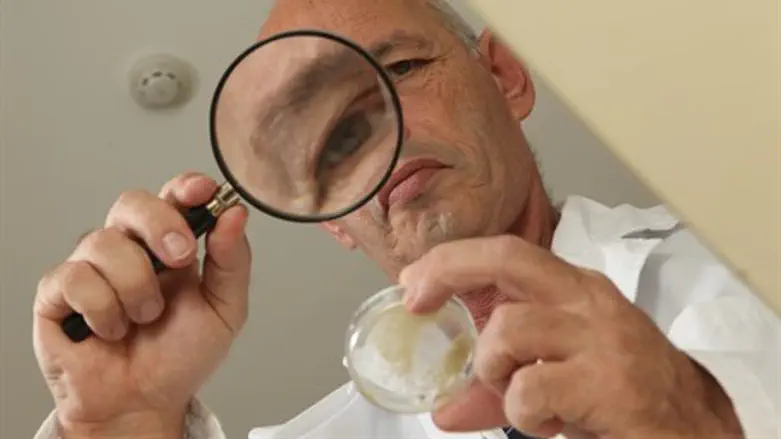
The largest meeting of Israeli and British medical researchers in recent years is taking place at the Oxford University this week, where over 350 researchers from both countries are discussing ways to advance mutual cooperation.
The meeting, which was announced in a statement by the British Embassy in Tel Aviv on Monday, comes despite academic boycott calls by anti-Israel activists seeking to harm the Jewish state.
The third BIRAX Conference includes over 250 British researchers representing 33 institutions from England, Wales, Scotland and Northern Ireland, as well as nearly 100 Israeli researchers.
BIRAX is a joint UK-Israel research initiative, which aims to cure serious diseases. It was founded in 2011, and since then has invested over 7 million pounds (nearly $10 million) in joint research.
The 15 bilateral research projects of the initiative include using heart cells to restore damaged heart muscle, and diagnosing Parkinson's Disease with breath tests. The British Council and the British Embassy in Israel, the Pears Foundation and UJIA initiated BIRAX.
In the third conference this week there will be an emphasis on the latest developments in regenerative medicine, including joint research to fight diabetes, Alzheimer's disease, heart conditions, and other diseases. The conference also seeks to provide a platform for more collaboration to occur.
Also at the conference, the UK Israel Science Council is to hold its sixth annual meeting and set new bilateral scientific priorities to focus on until 2020, while reviewing the successful programs of last year.
"There is no substitute for international collaboration between scientists, and UK-Israeli partnerships are no exception," said Prof. Ada Yonath, a 2009 Nobel Prize laureate in Chemistry and a founding member of the UK Israel Science Council.
"As a founding member of the UK Israel Science Council, I see scientists from both countries meet, discover and grow through partnerships like BIRAX that advances medical research. The results benefit not only both countries, but the entire world.”
Prof. Raymond Dwek of Oxford University and co-Chair of the UK Israel Science Council, added: “the scientific partnership between the UK and Israel continues to flourish and in so doing, to benefit not only British and Israeli scientists but the global research community."
"Through existing, new, and upgraded programs, hundreds of UK and Israeli researchers are working together on some of this generation’s greatest challenges; from access to clean water to some of the toughest diseases to cure," said Dwek.